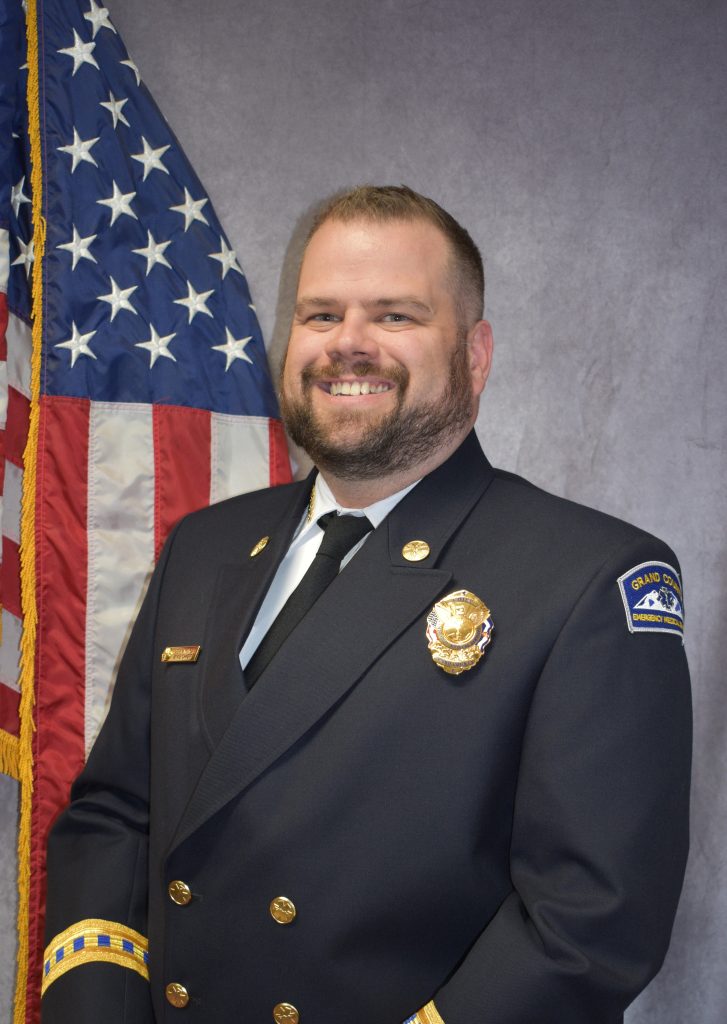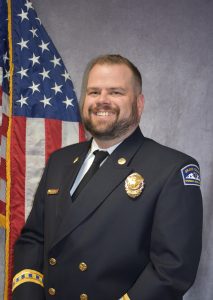Opinion | Austin Wingate: We can’t undo tragedy, but together we can prevent the next one
Grand County EMS

Courtesy photo
This week, Grand County Sheriff Brett Schroetlin announced his office’s new zero-tolerance strategy for dangerous driving. As EMS providers, we see firsthand the aftermath and stand alongside our law enforcement colleagues in the urgent call to address the crisis on our local roadways.
Half of all traffic fatalities nationwide occur on rural roads like ours despite rural America being home to only 19% of the population.
Earlier this month, six lives were lost in five days on our local highways. Before that, we had already experienced more traffic fatalities in 2025 than we typically averaged over the past several years.
These numbers are staggering, but they don’t tell the whole story: For every fatal crash, many more survive but suffer life-changing consequences, including traumatic brain injuries, spinal injuries, amputations, burns, psychological trauma and more. These survivors and their families find themselves navigating a future forever altered, often in ways that the rest of the community never sees.
The National Highway Traffic Safety Administration’s data reveals that rapid, effective EMS response and trauma care can reduce fatalities by as much as 25%, and coordinated county-level systems of trauma care like ours can reduce fatalities by 50%.
Locally, paramedics are pioneering post-crash care by carrying whole blood in the field. This practice has unquestionably saved lives that would be otherwise lost since our program began in December.
Despite this, and other cutting-edge tools, some injuries — like those caused by extreme speed, head-on collisions or impaired driving — just aren’t survivable. No amount of EMS skill, equipment or additional ambulances can change the outcome when physics are against us.
It’s not just fatalities trending in the wrong direction — though that should certainly be enough. Serious injuries from traffic crashes in Grand County had already doubled the annual average in the first half of this year alone.
The consequences of these crashes ripple through families, schools, workplaces and our community.
Too often, I see fingers proverbially pointed at “the other guy.” The visitors, tourists or people passing through faster than our roads can forgive. But in summer and winter, it’s not uncommon for our local residents to be involved in and at fault for crashes in Grand County.
We must all hold ourselves accountable, not just seek to shift blame. As individuals, we should be setting the example for everybody else using our roadways. All too often, EMS sees the often-irreversible consequences when we don’t.
Enforcement matters. The sheriff’s office and other law enforcement agencies will be holding drivers accountable for reckless behavior. Still, they can’t be everywhere all of the time.
That’s why I’m asking every neighbor and visitor to take responsibility for safety, to prevent meeting us at the scene of a crash. Slow down. Be patient. Put the phone away. Buckle up. Drive sober. Show grace.
We cannot undo these recent tragedies, but we can choose a new path forward together — a path where accountability, personal responsibility and safer choices prevent any more unthinkable losses.
Austin Wingate is the chief of Grand County Emergency Medical Services, the county-operated, sole provider of ambulance service in Grand County. He can be reached at awingate@co.grand.co.us.

Support Local Journalism

Support Local Journalism
The Sky-Hi News strives to deliver powerful stories that spark emotion and focus on the place we live.
Over the past year, contributions from readers like you helped to fund some of our most important reporting, including coverage of the East Troublesome Fire.
If you value local journalism, consider making a contribution to our newsroom in support of the work we do.









